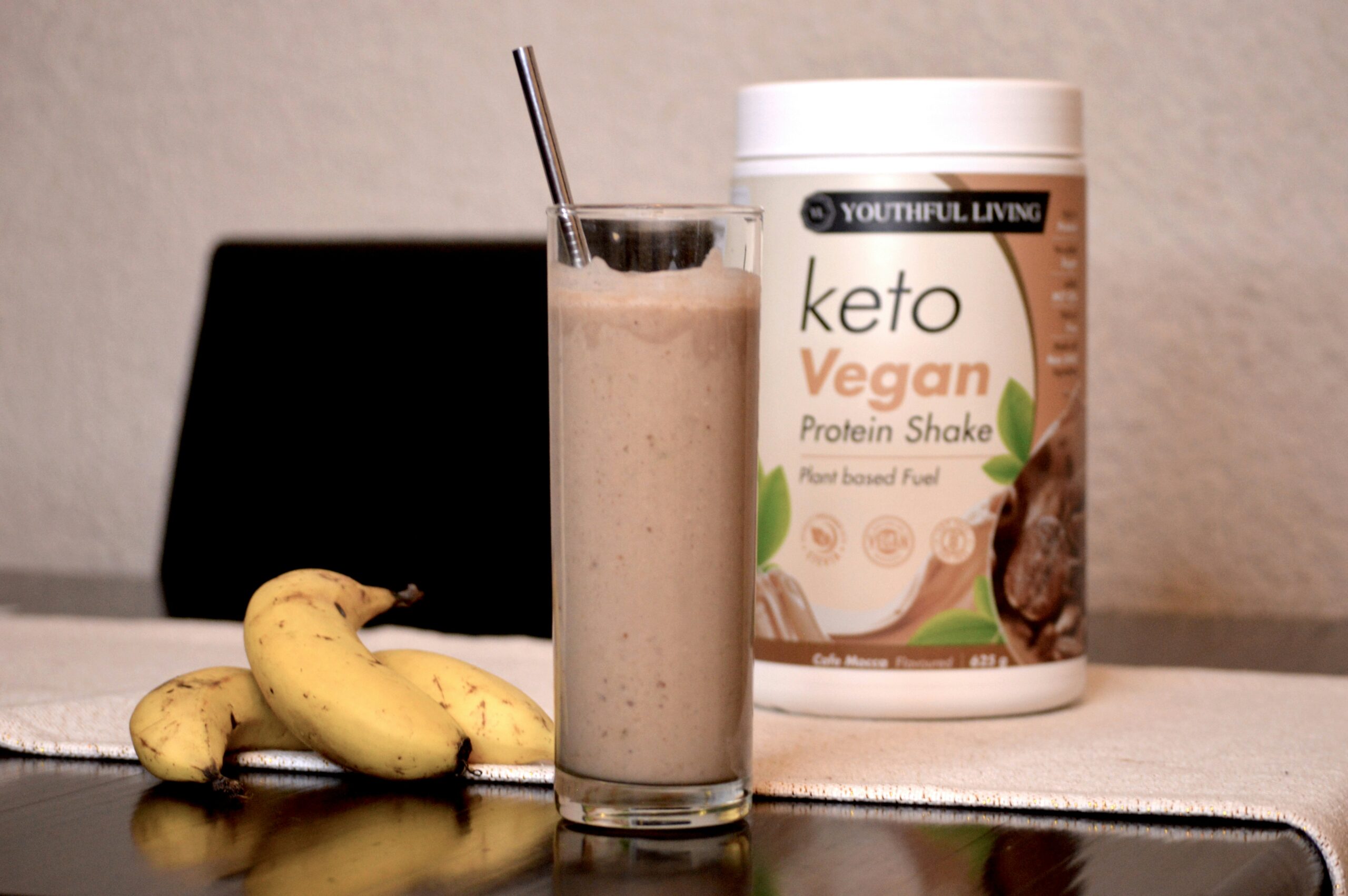Have you ever wondered why protein plays such a significant role in the keto diet? Understanding protein’s function isn’t just for athletes or bodybuilders; it’s an essential component for anyone considering or currently on the keto diet. The keto diet, known for its low-carb and high-fat approach, has gained popularity for its potential weight loss and health benefits. However, understanding how protein fits into this dietary equation is crucial for maximizing the benefits and avoiding common pitfalls.
Understanding the Keto Diet
Before diving into protein’s role, it’s important to have a clear understanding of the ketogenic diet itself. The keto diet primarily focuses on reducing carbohydrate intake and increasing fats, which puts your body into a metabolic state known as ketosis. In ketosis, your body becomes incredibly efficient at burning fat for energy. It also turns fat into ketones in the liver, which can supply energy for the brain.
Macronutrient Composition of the Keto Diet
The typical macronutrient ratio for the keto diet is about 70-75% fat, 20-25% protein, and 5-10% carbohydrates. This ratio helps your body stay in ketosis, where it burns fat rather than carbohydrates for fuel. While fats take the center stage, protein’s role is equally crucial, ensuring muscle preservation and various bodily functions.
Role of Protein in the Keto Diet
Protein serves multiple roles in the keto diet. It helps in preserving lean muscle mass, supports satiety, aids in metabolic functions, and provides essential amino acids. Protein does not primarily serve as an energy source on the keto diet, but its presence is crucial to the diet’s success.
Protein and Muscle Preservation
When you’re consuming fewer carbohydrates, your body may be tempted to break down muscle tissue for energy. Adequate protein intake helps to mitigate muscle loss by providing your body with the amino acids necessary for muscle repair and growth. It’s essential to maintain muscle mass, not just for aesthetics but for metabolic health as well.
Importance for Satiety
Protein is well-known for its ability to promote satiety, helping you feel full longer. This can prevent overeating and support weight loss goals on the keto diet. High-protein foods often take longer to digest and have a hormonal impact that can reduce hunger and cravings.
Protein’s Role in Metabolism
Proteins play a crucial role in metabolism. They are responsible for building and repairing tissues, including muscles, skin, and organs. Protein is involved in the production of enzymes and hormones, which are vital for metabolism and other bodily functions.
The Danger of Too Much Protein
While protein is essential on the keto diet, too much of it can hinder your progress. Excess protein can be converted into glucose through a process called gluconeogenesis, potentially kicking you out of ketosis. It’s a delicate balance—enough to support your body’s needs without tipping the scale towards carbohydrates.

How Much Protein Do You Need on the Keto Diet?
Determining the right amount of protein is crucial and can vary depending on your activity level, age, and goals. A general guideline is to consume about 0.6 to 1.0 grams of protein per pound of lean body mass. However, individual needs may vary, particularly if you are very active or aiming for muscle growth while on the keto diet.
Calculating Lean Body Mass
To calculate your lean body mass, you can use the following steps:
- Measure your body weight.
- Determine your body fat percentage (using tools like skinfold calipers or a bioelectrical impedance analysis).
- Calculate fat weight by multiplying body weight by body fat percentage.
- Subtract the fat weight from the total body weight to find lean body mass.
This lean body mass figure is used to determine your protein requirements accurately.
Sources of Protein Suitable for the Keto Diet
Not all protein sources are ideal for the keto diet. It’s important to choose those that align with both the dietary restrictions and your health goals. Here are some protein-rich foods that are suitable for the keto diet:
Animal-Based Protein Sources
- Meat: Beef, pork, lamb, and poultry are excellent sources of protein and essential nutrients like iron and zinc.
- Fish and Seafood: Salmon, trout, tuna, and shellfish provide high-quality protein and are rich in omega-3 fatty acids.
- Eggs: Versatile and nutrient-dense, eggs are a staple protein source with a perfect balance of amino acids.
Plant-Based Protein Sources
While animal proteins are often prioritized on the keto diet, plant-based proteins can also be part of a well-rounded keto diet:
- Nuts and Seeds: Almonds, chia seeds, flaxseeds, and pumpkin seeds offer protein, healthy fats, and fiber.
- Tofu and Tempeh: These soy products provide adequate protein and can be included in a vegetarian ketogenic diet.
- Leafy Greens and Vegetables: While not high in protein, they support overall health and provide fiber and essential nutrients.
Protein Supplements
Some individuals may choose to include protein supplements, especially if dietary protein needs are challenging to meet with whole foods alone. Keto-friendly protein powders, like those made from whey, collagen, or pea protein, can offer a convenient solution.

Common Myths About Protein on the Keto Diet
Several misconceptions surround protein intake on the keto diet. Here, let’s debunk some common myths:
Myth 1: More Protein Means More Muscle
While protein is essential for muscle repair and growth, simply consuming more protein will not automatically lead to increased muscle mass. Exercise, particularly resistance training, is a critical component for muscle growth.
Myth 2: High Protein Will Kick You Out of Ketosis
Excessive protein can lead to gluconeogenesis, but moderate intake tailored to your needs is unlikely to disrupt ketosis. Balance and monitoring are key.
Myth 3: You Don’t Need Supplements if You Eat Meat
While whole foods should be your primary protein source, supplements can help fill dietary gaps, especially for those with specific needs or dietary restrictions.
Conclusion
Protein undoubtedly plays a vital role in the keto diet, supporting muscle maintenance, satiety, and metabolism. Understanding its importance and finding the right balance within the context of your dietary goals can enhance your health and boost the diet’s effectiveness. Whether you’re new to the keto diet or looking to refine your approach, acknowledging the multifaceted role of protein is key to your success.


